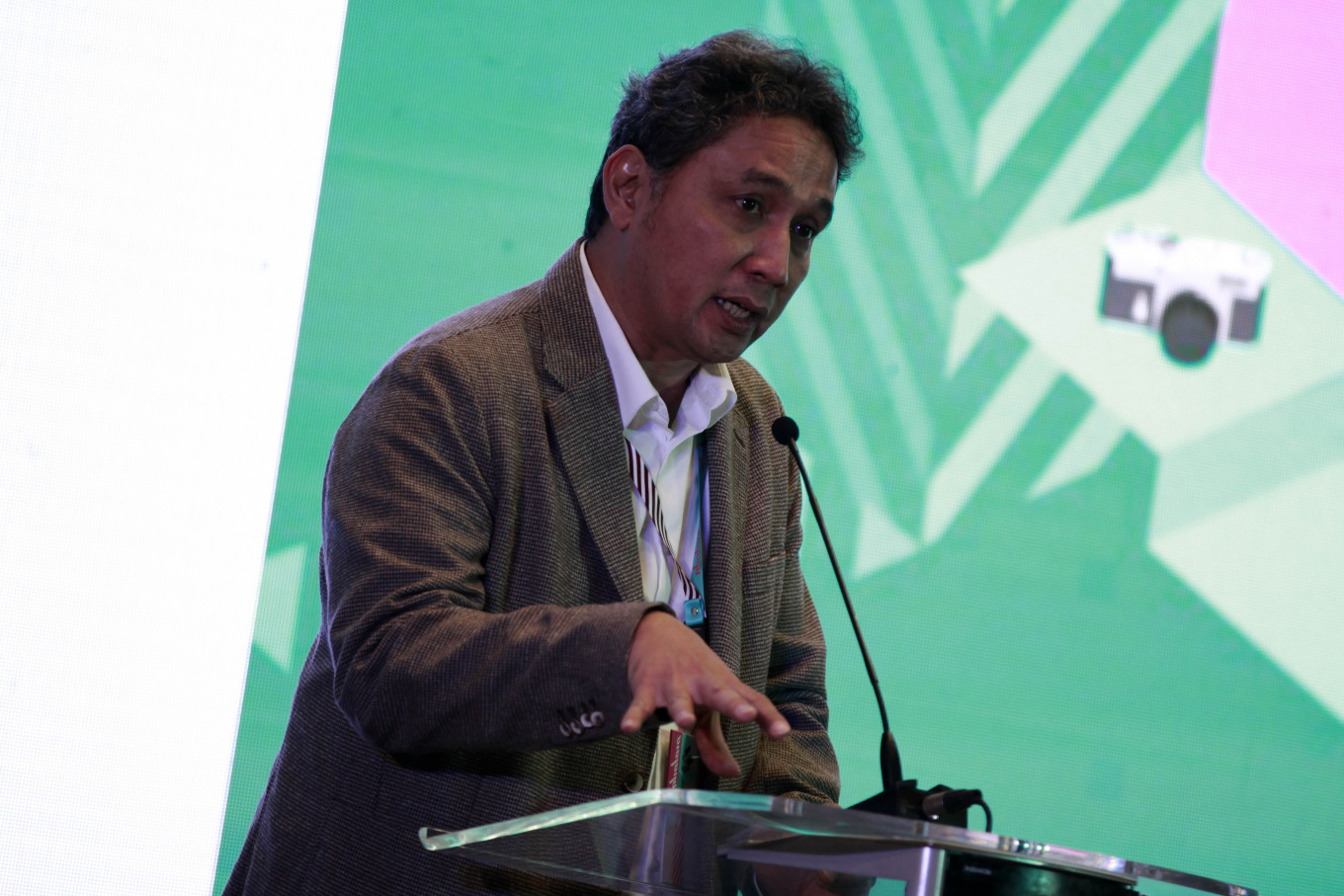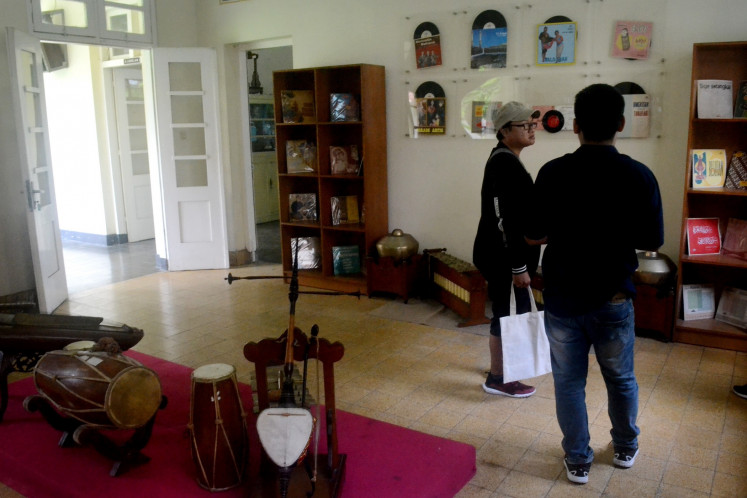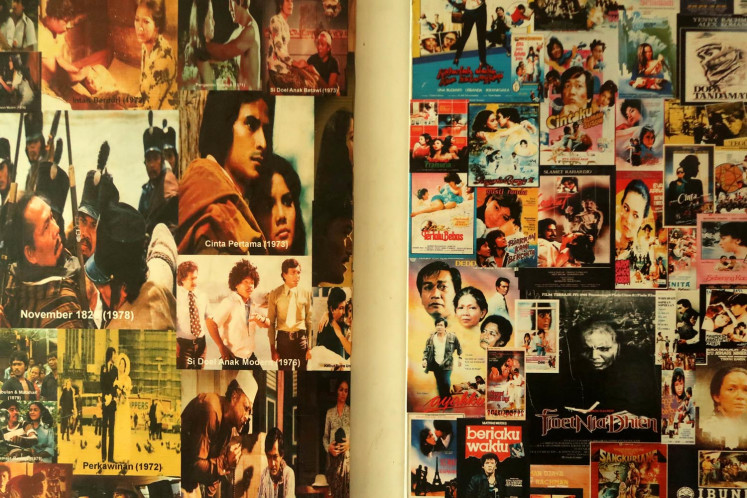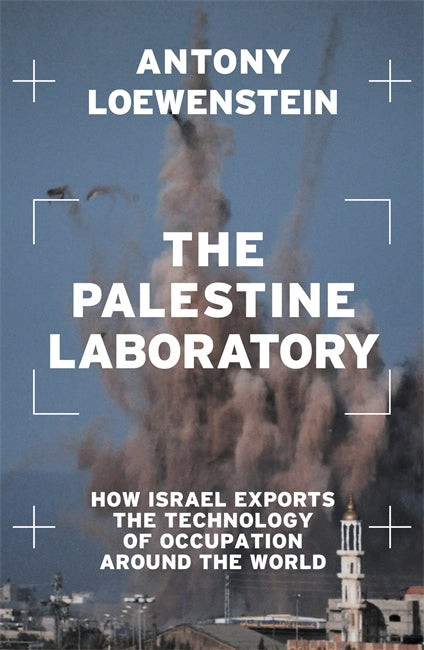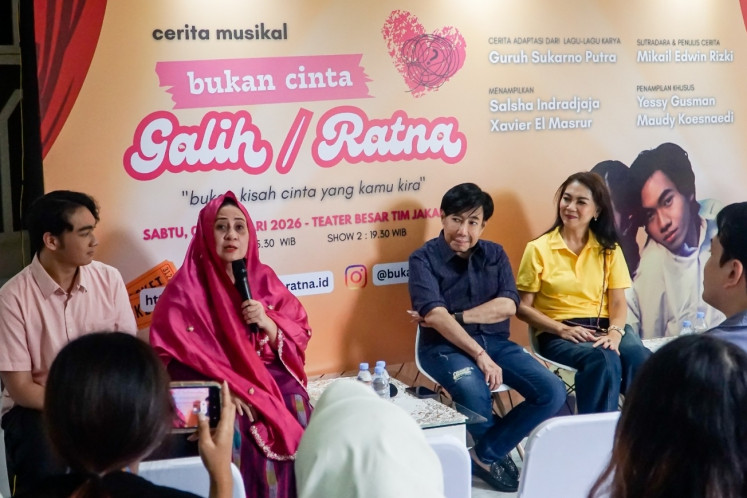Popular Reads
Top Results
Can't find what you're looking for?
View all search resultsPopular Reads
Top Results
Can't find what you're looking for?
View all search resultsOpening up cultural data in Indonesia
With easy public access in mind and cultural advancement as its end goal, the open cultural data will enable the public to use, share and even to modify the information into works of art, stories, educational mobile applications and games.
Change text size
Gift Premium Articles
to Anyone
C
ultural institutions, creative minds and tech enthusiasts have teamed up to provide integrated data on Indonesian cultures, but problems remain.
The Education and Culture Ministry will set up a data portal that features a range of information in varied forms — text, photos and videos — collected by both the government and private institutions about Indonesia’s diverse array of cultures. The portal is scheduled to be up and running later this year.
With easy public access in mind and cultural advancement as its end goal, the open cultural data will enable the public to use, share and even to modify the information into works of art, stories, educational mobile applications and games.
“The wide use of digital technology nowadays has the potential to develop historical and humanity studies,” Hilmar Farid, the general director of culture for the ministry, said in a webinar on June 19.
He shared his experience as a history major back in the 1990s researching the Dutch East Indie’s detention camp of Boven-Digoel in Papua New Guinea in a library in the Netherlands.
Without a laptop and enough money to get copies of the information available in Dutch at the library, he spent three weeks copying by hand the news articles published in the 1920s and 1930s.
“I couldn’t extend my stay due to a limited budget, so a lot of data was left unobtained. But now the digital version of the data is available that I can access it from home,” Hilmar said.
The need to integrate cultural data was expressed in Law No. 5/2017 on cultural advancements that require accessible data, strengthened by Presidential Regulation (Perpres) No. 39/2019 on Satu Data Indonesia (One Data Indonesia) to ensure evidence-based policies.
According to Hilmar, his office was currently drafting a guideline to put into effect the Cultural Advancement Law by focusing on collaboration to build integrated data.
Cultural data collected by the government was still scattering at different state enterprises, cultural institutions and regional administrations — and that doesn’t include data collected by individuals, communities and foreign institutions.
A collection of Indonesian music records since the 1950s, for example, was owned by the country’s first label Lokananta and is now stored at state printing company Percetakan Negara RI (PNRI).
Complete musical archive: The old Lokananta building with all its collections is now one of the educational tourist destinations of the city of Surakarta, Central Java. (JP/Stefanus Ajie)To find old photos of Indonesia, people usually looked for them at state-run news agency Antara or the private collection of the Indonesian Press Photo Service (IPPHOS), part of which has been deposited at the National Library.
For film research, people go to the Jakarta-based Sinematek Indonesia, the only film archive in the country established in 1975 by Indonesian directors Musbach Yusa Biran and Asrul Sani.
All-time greats: A collage of posters and stills of classic Indonesian films adorns a wall at Sinematek Indonesia, the first film archive in Southeast Asia. (JP/Xena Olivia)“Through the collaboration, we expect to share a single, user-friendly system and cut the red tape. We are holding on to transparency and universal principles, in which people with disabilities could also access the data,” Hilmar said, adding that his office had started to inventory cultural assets.
The seminar was the first episode of a series of talks titled Retas Budaya (Hack Your Culture), preceding a cultural data creators’ festival with the same name to be held in November.
The festival will bring together galleries, libraries, archives and museums (GLAM) with creative workers and tech enthusiasts to transform open cultural data into new creations.
The event is organized by German cultural center Goethe-Institut Indonesien, the Culture Directorate General, Wikimedia Indonesia, Indonesian Game Association and publisher Elex Media Komputindo.
While many cultural organizations have expressed their eagerness to work on the open and integrated cultural data, Hilmar said that intellectual property rights were the only problem that would be difficult to tackle in the future.
“The issue of what is considered sensitive and what can be accessible to the public needs to be further discussed, as well as licensing fees for copyrighted data. To protect the traditional cultural expressions or expressions of folklore, such as rituals and ceremonies, we would validate the rights by attaching them to detailed documentation on the people and place they came from,” he said.
“The public plays a leading role in cultural advancement, so people need to have free access to cultural data. Even if there are restrictions such as licensing for commercial purposes, we would minimize them as much as possible.”
National Gallery of Indonesia curator Asikin Hasan underlined the importance of open cultural data for educational purposes so the people could learn about Indonesian cultures.
“The statement saying the archipelago is rich in culture will no longer be seen as rhetoric because they are all archived and documented,” he told The Jakarta Post after attending the web seminar.
He pointed out that data collection was not considered important by cultural institutions. Taking fine arts as an example, as art students or researchers prefer to find the information they need from art curators, he said.
“Curators have become a source for research as researchers not only get the information but also their opinion about the art objects.”
Asikin said the Gallery had started digitalizing data on its collections and brought it on tours to introduce the public to Indonesian artists and their artworks as part of its educational program.
He echoed Hilmar sentiment, saying that intellectual property rights would be a problem when the cultural data was reproduced for commercial purposes. However, he added, the government should also devise policies to protect cultural artisans from having their works reproduced without their consent.
“We have seen how machine-printed batik inflicted losses on handmade batik artisans. The government should not only stop at documenting our cultures but also make some effort to sustain the cultures in real life.”

